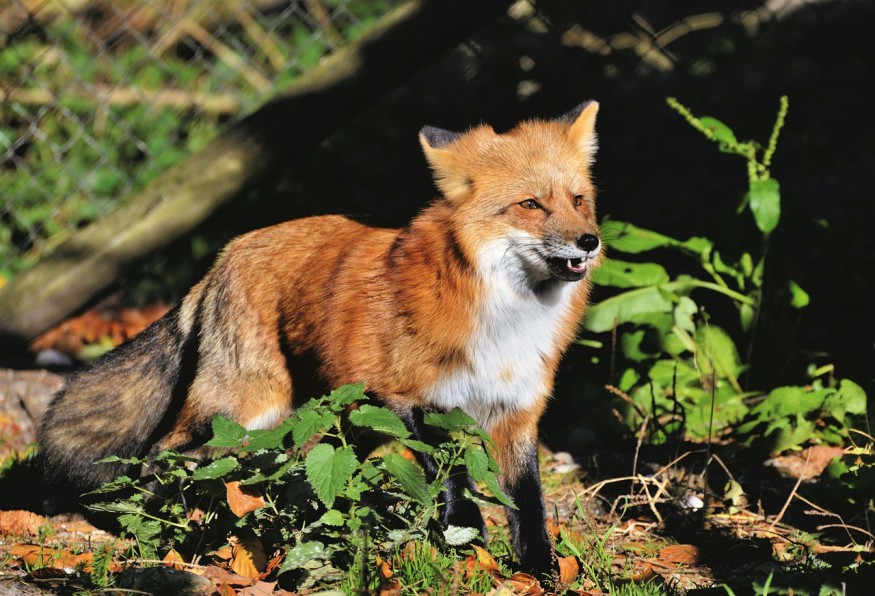
Two children were bitten by a fox that was eventually tested positive for rabies in the Dolostone Way/Austin Crossing area in Dacula last week. The children were rushed to the hospital after the attack and are in good condition, Alan Davis, the Division Director of Animal Welfare and Enforcement reported.
Davis said several residents reported that the fox, following the attack, was acting lethargic and seemed like a drunk. The Gwinnett Animal Welfare kept the fox on quarantine and tested it for rabies. The fox's rabies test turned out positive.
Davis said that there are no new reports of other animals appearing to have rabies in the area, but he urged the residents to be cautious.
Signs and Precautions of Rabies
According to the CDC, once a person is bitten by a rabid animal, rabies virus travels from the body to the brain before symptoms appear. This period may last for weeks to months. The location of the bite, however, is crucial as to how far it is to the brain.
Initial symptoms, which last for days, would include flu-like symptoms such as weakness, discomfort, fever, or headache.
As the symptoms progress, there may be a prickling or itching sensation in the area of the bite, anxiety, confusion, and agitation. Advanced stages of the disease would include delirium, abnormal behavior, hallucinations, and fear of water (hydrophobia). CDC notes that the disease is nearly always fatal, and treatments are generally supportive.
Taking Precautions Against Rabies
The Gwinnett County Animal Welfare and Enforcement Division and the Gwinnett County Health Department advised residents to report and avoid animals that are behaving unusually.
Davis said that their office really wanted to make sure that pet owners are regularly consulting their vets, and the pets have up-to-date vaccinations.
Dogs and cats that are not vaccinated and are exposed to animals with rabies will be quarantined for four months and will be vaccinated a month before its release.
How to Protect Your Home from Rabies
The animal shelter offers the following tips to protect your pets and family from rabies:
- Visit your vets regularly and ensure that pets get their rabies shot.
- Ensure that your pets are just within your property
- Leftover food in garbage or pet foods attracts wild or stray animals. Keep your trash and pet food away from wild or stray animals.
- Keep away from animals that are displaying unusual behavior: aggressiveness, avoiding food and water, foaming at the mouth, having difficulty moving. Report to the nearest Animal Welfare and Enforcement any animals that are having unusual behavior.
- Keep away from unknown animals or wildlife.
- Keep away from wild, sick, hurt, or dead animals. Avoid picking them up or moving them.
- Keeping raccoons, skunks, foxes, and coyotes as pets are dangerous and illegal. Do not keep them as pets.
- Advise kids to keep away from strange or wild animals.
- If bitten or scratched by a suspected rabid animal, wash any wounds immediately with soap and water and seek medical advice the soonest.
© 2025 NatureWorldNews.com All rights reserved. Do not reproduce without permission.





